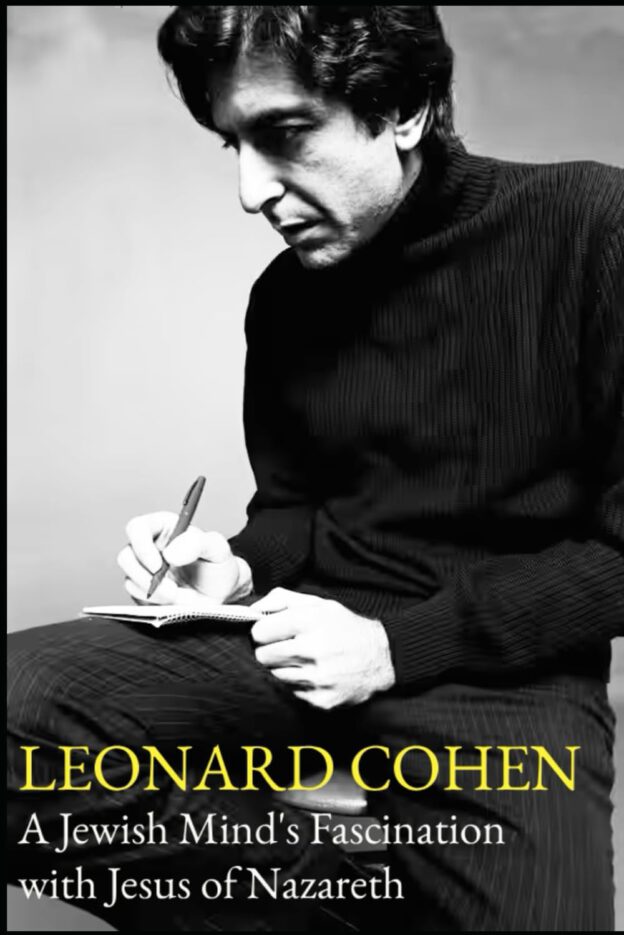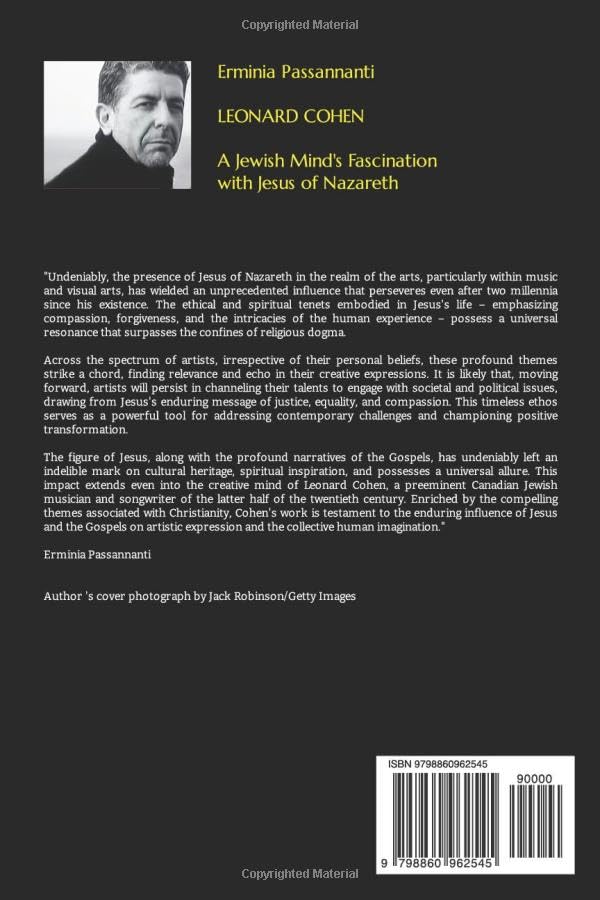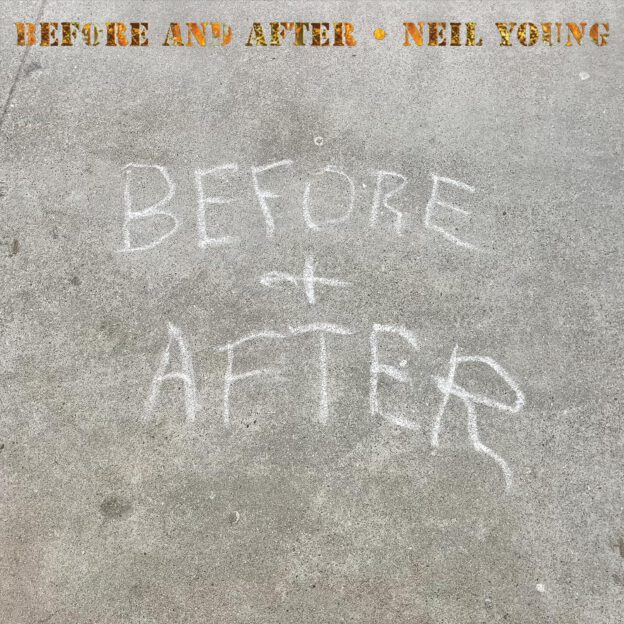In „Leonard Cohen. A Jewish’s Mind Fascination with Jesus of Nazareth,“ Erminia Passannanti offers a compelling exploration of Leonard Cohen’s artistic journey, intertwining his Jewish heritage with his deep fascination for Jesus of Nazareth. This book does not merely skim the surface; it delves into the depths of Cohen’s lyrical and poetic prowess, uncovering the rich tapestry of religious, philosophical, and artistic themes that underpin his work.
Passannanti skillfully unravels the complexities of Cohen’s engagement with religious motifs, particularly examining how his Jewish background intersects with his intrigue towards the Christian figure of Jesus. This interplay between theology, philosophy, and the arts resonates with universal questions of human destiny, divine justice, and the nature of suffering. By dissecting Cohen’s lyrics, Passannanti reveals the theological and philosophical underpinnings that infuse his music, providing a reflective lens through which we can explore these enduring human questions.
Moreover, the book offers a comparative analysis of Cohen’s work with other artists like Bob Dylan and Mumford & Sons, who also draw inspiration from religious texts. This not only situates Cohen within a broader musical landscape but also highlights the uniqueness of his spiritual quest. Passannanti’s own transition from a Catholic upbringing to an intellectually open perspective mirrors Cohen’s thematic explorations, adding a personal depth to her analysis. Her understanding of religious symbolism, shaped by her exposure to religious texts, echoes in her interpretation of Cohen’s work.
Passannanti adeptly navigates the cultural and historical significance of Jesus, connecting it to Cohen’s work and thus illuminating the broader cultural and spiritual landscape of his era. This approach invites readers to consider the interplay between pop culture, Judaism, and Christianity, exploring the cultural impact of Jesus through Cohen’s lyrics. The book extends beyond conventional boundaries, shedding light on the intersection of history, faith, and culture.
This publication is not just a tribute to Cohen’s artistry; it’s a gateway for readers ranging from Cohen enthusiasts to scholars of theology and popular culture. It encourages an exploration into the intricate ways in which popular culture, spirituality, and artistic expression intersect. Passannanti’s analysis provides a comprehensive understanding of Cohen’s multifaceted exploration of spirituality, art, and cultural legacy, making „Leonard Cohen. A Jewish’s Mind Fascination with Jesus of Nazareth“ an essential read for anyone seeking to comprehend the profound impact of Cohen’s work and its enduring significance in the cultural canon.









